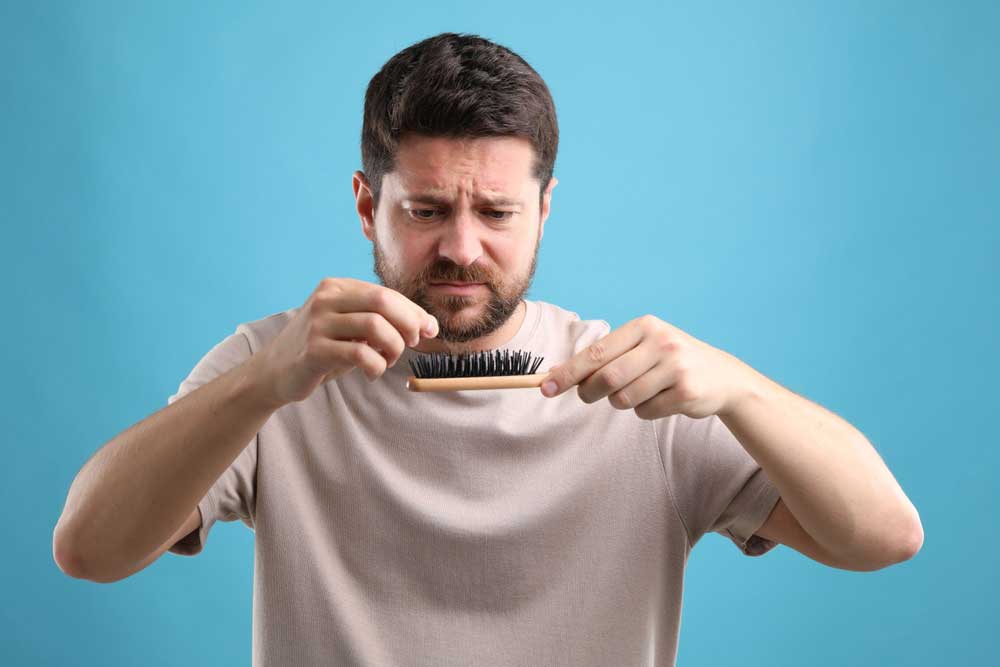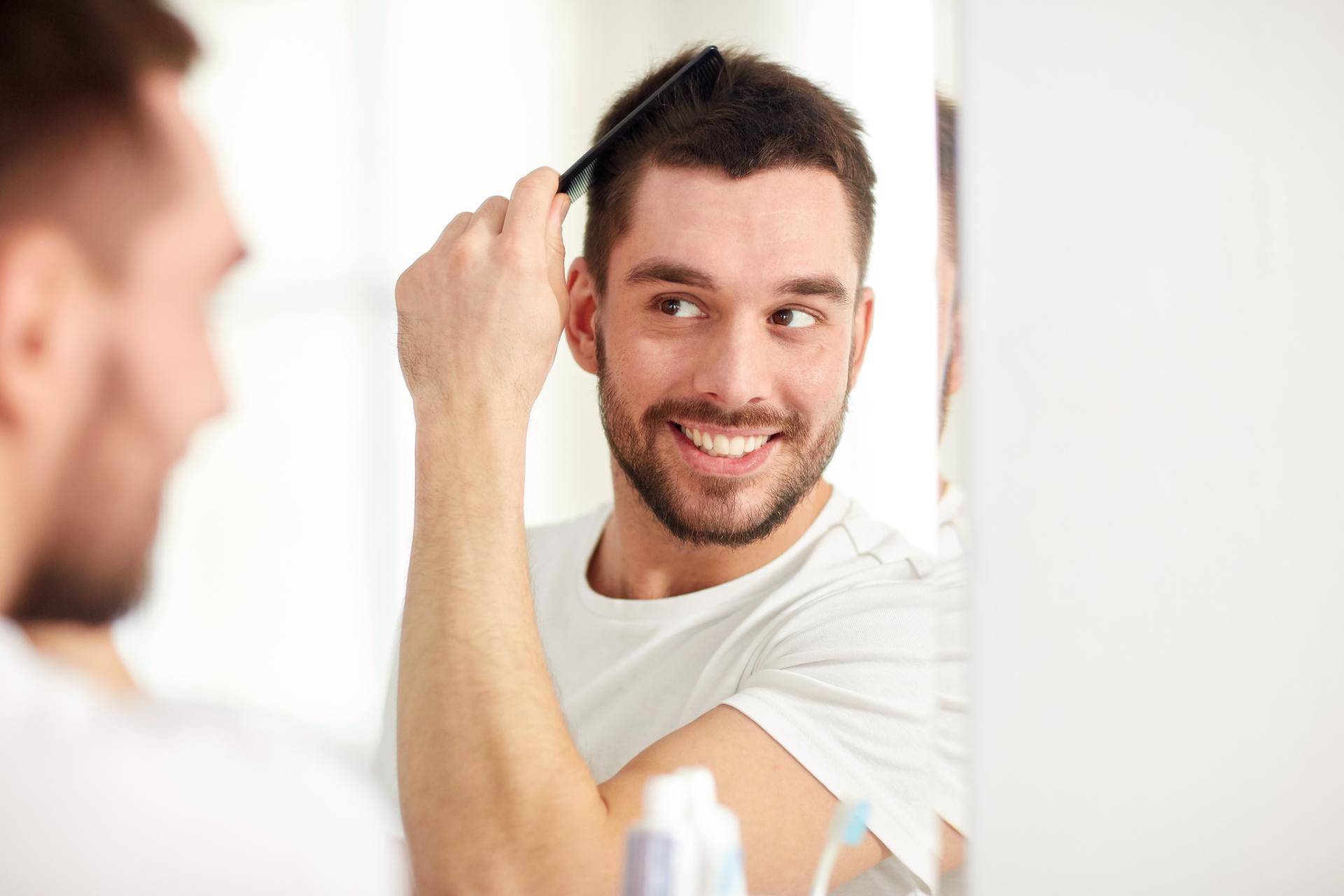So you’re planning on having a hair transplant pretty soon. Or maybe you’re just doing your homework on the subject. Either way, knowing how to take care of your newly implanted hair is just as important as choosing the right hair surgeon for your procedure. Given the rise of many methods and techniques hair experts employ these days, immediate post-op care can literally make or break the success of the procedure. This week, we will go over what to avoid after your hair transplant – the DOs and DON’Ts.
1. Don’t Touch Or Itch Your Scalp
This rule is extremely important to adhere to, as are the other rules. After your procedure, it will be easier said than done to not touch or itch your scalp as it will obviously be quite a bit irritated and sore. Touching these newly placed grafts can very likely damage them. This can result in the graft falling or causing more trauma to your scalp which would hinder the graft’s healing process.
After a couple of days after your hair transplant, it is normal to see scabs on your scalp. These scabs are likely to fall naturally anytime between a few days to over a week, so don’t be concerned when you see them. Like before, avoid picking at the scabs or scratching them when they itch. This can promote infection or damage to the site.
2. Don’t Do Anything That Would Make You Sweat
Exercise can cause excessive sweating, but this rule also applies to things like going into a sauna or staying outdoors on an extremely hot day. In general, excessive sweating should be avoided completely, as this can lead to infection in your hair transplant site. If it is very hot in your area, stay inside as much as possible for the first month following your transplant.
Talk to your doctor if your profession involves physical activity, especially if you sweat during it. You may need to take even more time off of work or have special provisions made for you as you recover from your hair transplant.
3. Don’t Wash Your Head Right After Surgery
You shouldn’t wash your head at least for 24 hours after surgery. Once you are allowed to do it again, your touch should be light and careful, so as not to disturb the graft. You should also use cold water and light water pressure. This washing procedure should be kept up for a while after surgery, at least five days. Try not to let the water beat directly onto the recipient area where the grafts are for the first 4-5 days after surgery. You may want to have a cup in the shower to help rinse the graft sites.
4. Don’t Smoke Or Drink For At Least A Month After Surgery
Aside from the negatives associated with these activities in general, if you just had your hair transplant surgery done, it is very important that you avoid any smoking or drinking for at least one month. The reason for this is because alcohol might thin your blood and cause bleeding. This in turn does not help you heal, and can even bring complications with it. It is best to avoid alcohol for at least three days after surgery. The same with nicotine, except smoking should be avoided for a whole month instead. Nicotine tends to interrupt and prevent blood flow to hair follicles, which are crucial for the growth of your new hair.
5. Do Stay Upright
The 48 hours after your hair transplant surgery are crucial, so make sure to not bend over or lift anything even slightly heavy. This prevents excess swelling and bleeding and will help promote healing. In essence, try to keep (and sleep with) your head elevated above your torso to avoid this issue.
You can begin to do yoga and other light exercises as early as a week after your hair transplant. However, you should be aware that standing on your head or a pose where your head is dangling is not good for your post-transplant scalp. Instead, you should sit out on those poses. Keep in mind, if you are unsure about anything, it is best to ask your doctor before doing anything.
6. Do Listen To All The Instructions Provided By Your Surgeon
It is in the patient’s best interest to keep in mind all the instructions provided by their surgeon. There are many other rules involved in the care for your post-op hair transplant that aren’t covered here. Moreover, there may be specific rules or instructions provided by your doctor for your specific case. Your doctor may also prescribe you some medications for either pain or to promote healthy hair growth. For the sake of the success of the hair transplant, it is important to follow whatever steps these medications will entail.
You Might Also Like To Read
Learn how your gut health can impact hair growth…
MAXIM’S SCALP GROWTH FACTORS FOR HAIR GROWTH
Growth factors is used successfully to treat alopecia areata and other causes of non-hereditary hair loss.
ARTAS IX ROBOTIC HAIR TRANSPLANT VS. FUT STRIP PROCEDURE
In this article we will go over the biggest advantages the ARTAS iX Robotic Hair Restoration has over the traditional FUT method


